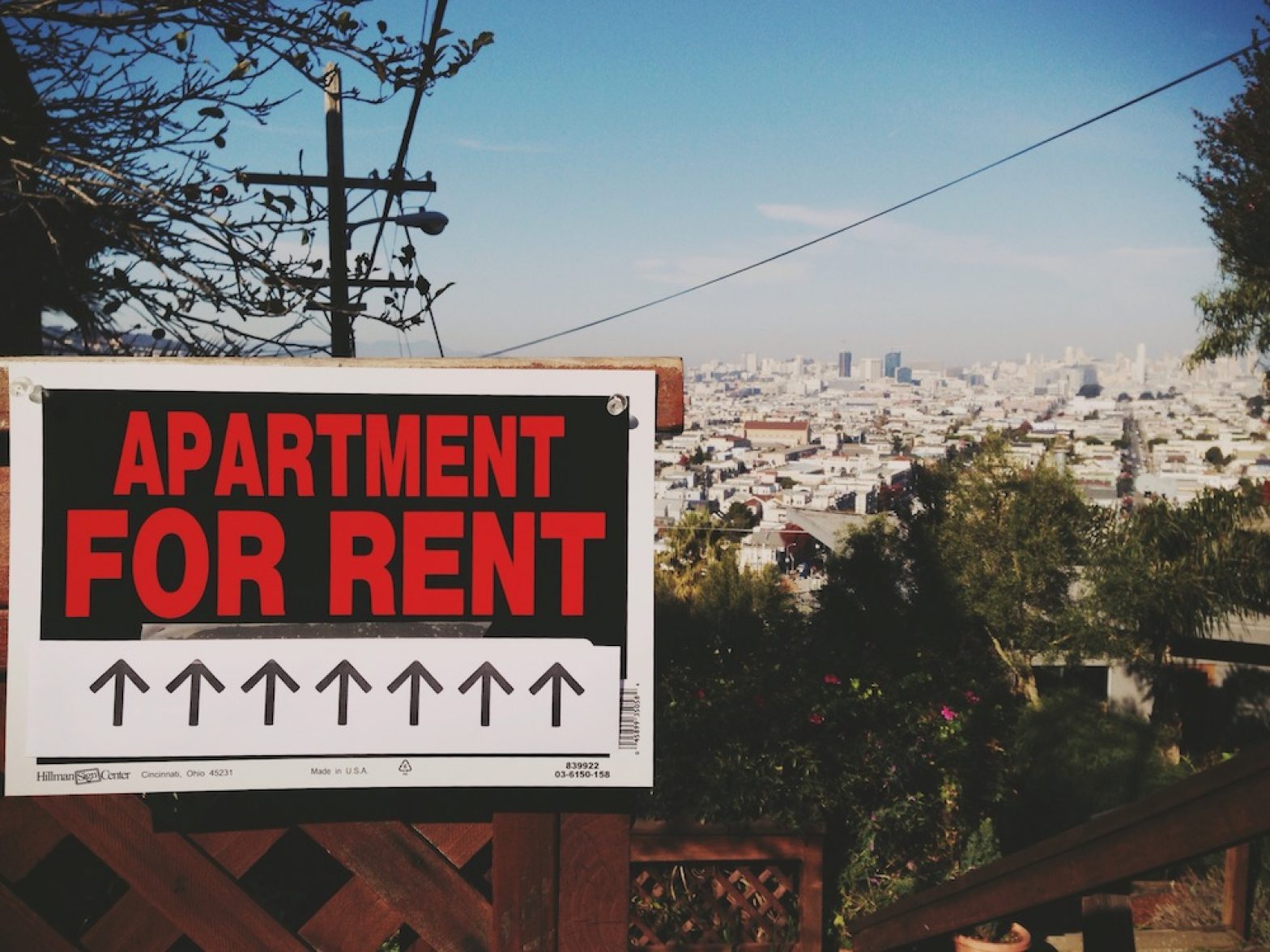News
Tax-Break Tech Hiring a Bust in San Francisco’s Tenderloin
By Tom Carter, Mark Hedin and Geoff Link, Central City Extra/New America Media
When the Twitter tax break was signed, San Francisco Mayor Ed Lee’s office had high hopes that the expanding technology boom would explode with local hiring and that the incoming Internet companies could help make his dream of 2,500 new tech jobs come true. So the first Community Benefit Agreements that each participating tech company signed to mitigate the harshness of the ensuing gentrification of the neighborhood referenced local workforce development. The 2013 agreements all contain some allusion to hiring locals, few specifics, no grand goals or hiring promises. Much of it resembled Twitter’s politically correct: “It is crucial that all people have access to economic growth.” But the expectation of jobs in the documents was palpable. Read the complete story at New America Media.









